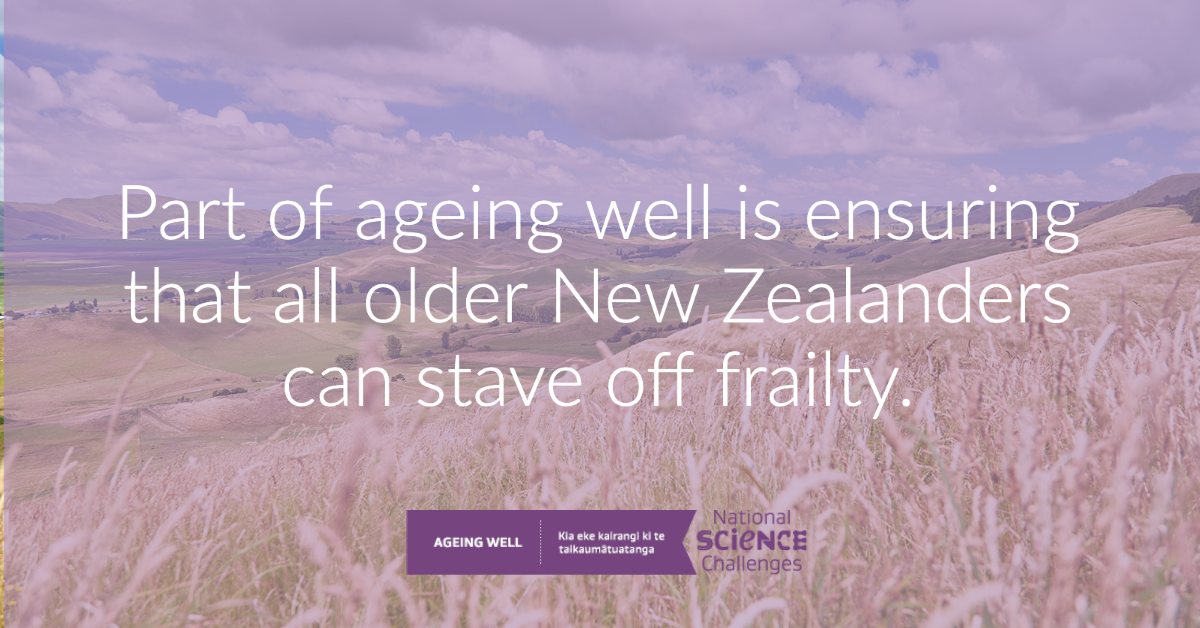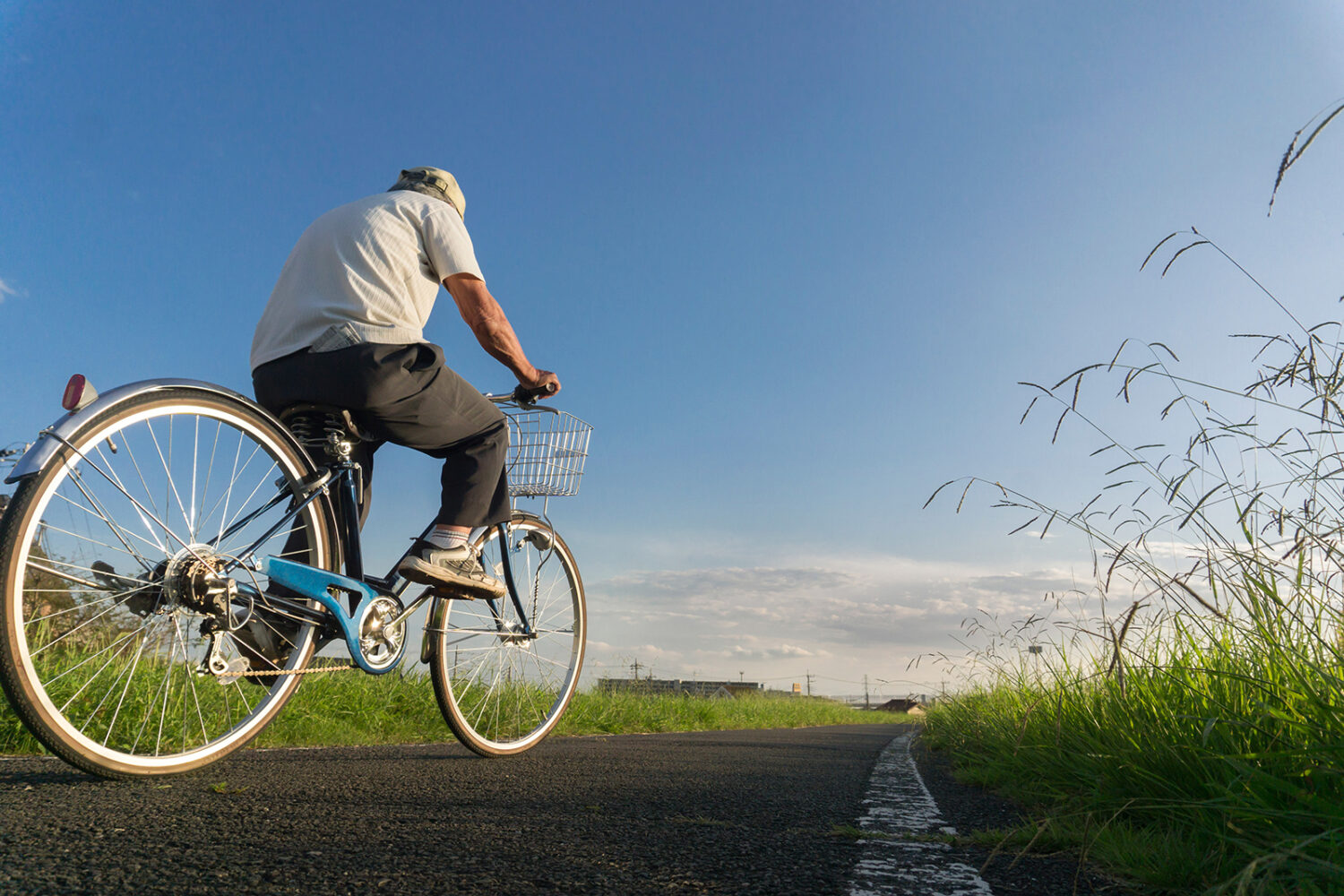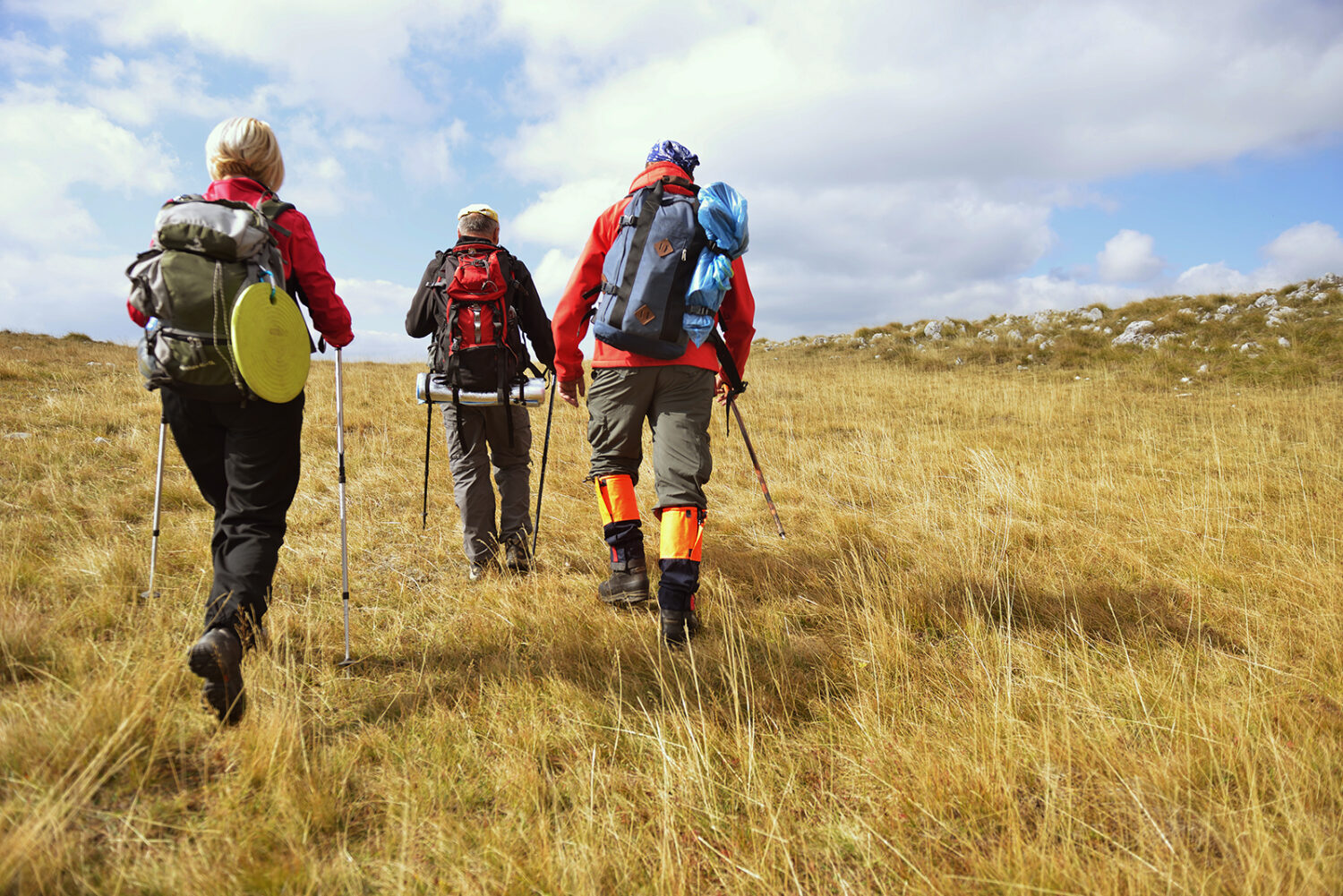For many people when they think of ‘ageing’, they picture images of the body becoming frail and weakened.
It is true that this is the experience of some older people and that the ageing process predisposes older adults to numerous challenges, such as frailty. Yet being older does not necessarily mean that you are frail.
What is frailty, and social frailty?
Frailty is a multidimensional geriatric condition that is indicated by a decline in physical and cognitive functions, ultimately leading to increased vulnerability.
Physical frailty has a demonstrated increase in the risk of falls, worsening disability, hospitalisation, residential care admissions, and mortality. It indicates loss of mobility and results in increasing healthcare needs.
However, a new type of frailty has recently emerged as a separate risk factor in ageing: social frailty. This can be defined as a “continuum of being at risk of losing, or having lost, resources that are important for fulfilling one or more basic social needs during the life span” (Bunt et al, 2017). Potentially, it has a downstream effect on the intellectual and instrumental activity of daily living through declining social roles, social networks, and social activity.
Investigating further issues identified in previous Ageing Well projects Staying upright and eating well and Towards optimising vitality in older adults, principal investigator Dr Ruth Teh is intent on discovering how identifying social frailty, in particular, can help older New Zealanders.
Principal Investigator Dr Ruth Teh is intent on discovering how identifying social frailty, in particular, can help older New Zealanders.
About the Study
The research team, based at the University of Auckland, aims to develop a culturally-specific social frailty scale for Aotearoa New Zealand and to explore its relationship with intrinsic capacity. This involves identifying the constructs of social frailty for Māori, Pacific, and non-Māori non-Pacific peoples.
A social frailty scale that is co-developed with a diverse group of older adults will ensure the tool’s applicability for Aotearoa New Zealand. The research team has partnerships with Age Concern New Zealand, as well as local Māori and Pacific groups to ensure the scale encapsulates meaningful nuances for all older adults. Using a social frailty scale relevant to Aotearoa New Zealand is not to label an older person as socially frail, but to facilitate local professionals who support social conditions to support older adults better.
The study will employ a mixed methods approach at sites in both Auckland and Tauranga with small focus groups. The themes identified from the focus groups will inform the development of the social frailty scale. Items generated from the focus groups and salient literature will be pilot tested for clarity and the appropriateness of language level. Following that, a survey with a larger sample size will be conducted to validate the measurements on the scale.
Ageing Well hopes Dr Teh’s study will identify ways in which the scale could assist health and medical professionals to identify the needs of vulnerable older people before they become irreversible. We also anticipate that having a deeper understanding of social frailty will lay the foundation for the co-development of interventions to optimise healthy ageing.
Ageing Well hopes the study will identify ways in which the scale could assist health and medical professionals to identify the needs of vulnerable older people before they become irreversible.
Making room for Indigenous ideas of wellbeing
Currently, the concept of health and wellbeing in the nation is shaped by a Western worldview. The rights of Indigenous peoples to draw on their own knowledge, practices, and worldviews to age well have been largely ignored. Additionally, the population of older Māori and Pacific peoples aged 65+ is growing faster than the general population. Māori made up 6% of the 65+ population in 2018 and will likely double to 12% in 2043; Pacific Peoples made up 5% in 2018 and likely 11% in 2043; compared to European 18% (2018) to 25% over the same period. In order to facilitate an equitable approach to healthy ageing for older Māori and Pacific peoples requires a culture-specific concept of health and wellbeing.
For older Māori, specifically, the concept of healthy ageing and hauora is linked. For kaumātua, healthy ageing involves meaningful social relationships (such as doing things together, mutual motivation, and focus on the collective), spiritual wellbeing, relaxation/meditation, regular exercise, and shared food. Yet very little is known to what extent these aspects link to social frailty and how they can be further applied to optimise healthy ageing older Māori.
Part of ageing well is ensuring that all older New Zealanders can stave off frailty.
Impacts for Aotearoa
By 2028, the population of New Zealanders aged over 65 is set to rise to over a million, which is 1 in every 5 people in Aotearoa New Zealand. By the middle of the century, it is estimated that the population aged over 65 will continue to increase to more than 1 in 4. This is significant for a small nation such as ours and will have a profound impact economically, socially, and politically.
However, we are not alone. This trend in population demography is being seen globally, and the United Nations (UN) has adopted the World Health Organization (WHO) proposal for a Decade of Healthy Ageing 2020–2030. This intrinsic capacity model supports the refocusing of healthy ageing on functional ability, not merely the absence of disease. Further to individuals’ functioning, the model emphasises a need to build on the capabilities enabling older adults to navigate their changing world and create new and better ways of functioning.
A study such as the one led by Dr Teh aligns with this UN and WHO goal. The expansion in the number of older people in Aotearoa New Zealand requires a national focus on the health and wellness of older people, in addition to ensuring resources are available to meet their rising needs. The topic of health longevity is likely to be a critical factor in improving the quality of life of older adults and in reducing the healthcare costs for the nation.

Final words
Ageing, including social frailty, is an increasing issue for older people in Aotearoa. Ageing Well anticipates that this research project will shine light on this important issue of social frailty and will positively impact equity in terms of the design of services.
We hope that the research will be a step forward to positively impact the wellbeing of Aotearoa’s ageing population.


